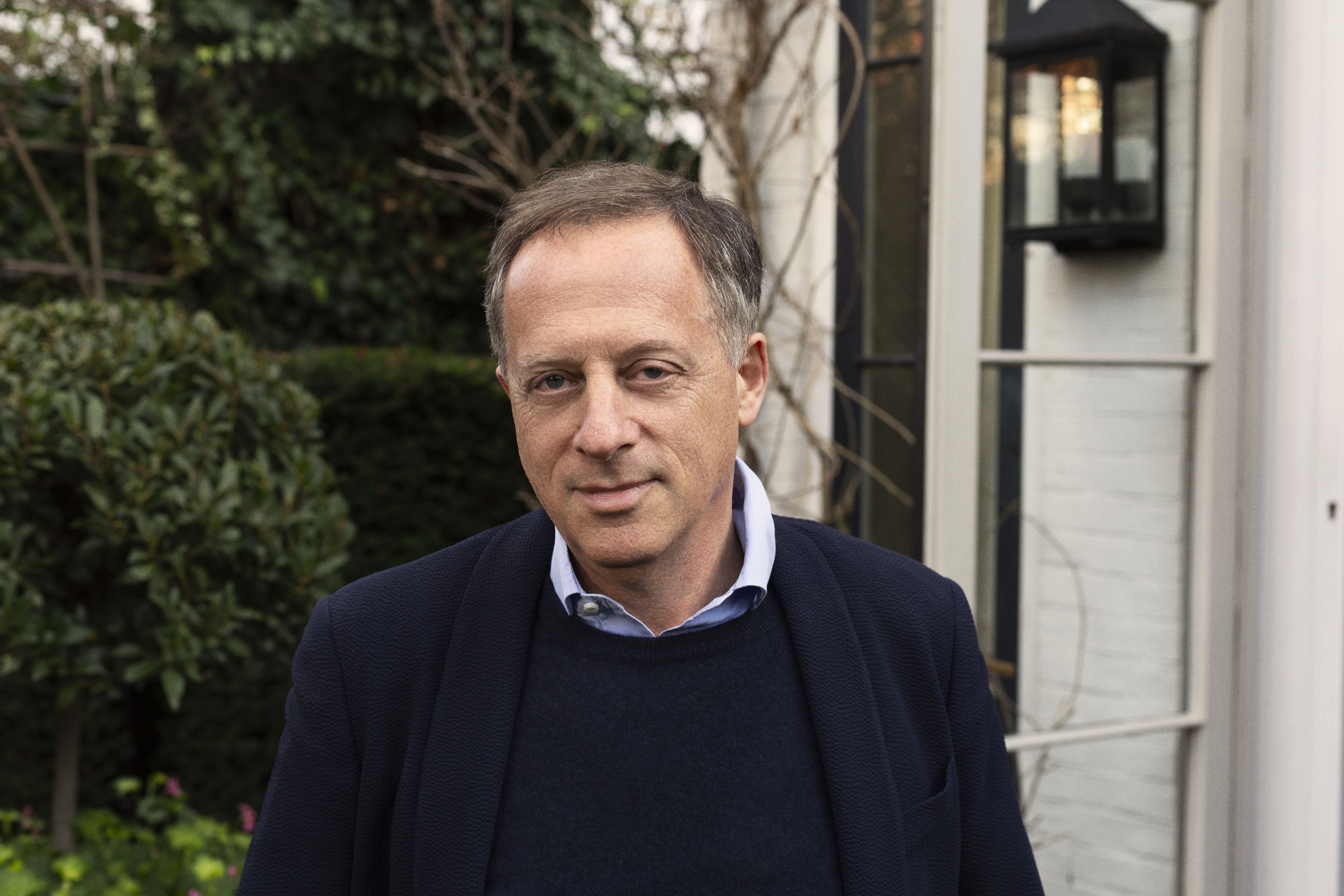Richard Sharp shouldn’t be BBC chairman, says ex-director general
‘I don’t think his appointment should stand,’ says Lord Birt – as Lord Patten also criticises under-fire chair

Your support helps us to tell the story
From reproductive rights to climate change to Big Tech, The Independent is on the ground when the story is developing. Whether it's investigating the financials of Elon Musk's pro-Trump PAC or producing our latest documentary, 'The A Word', which shines a light on the American women fighting for reproductive rights, we know how important it is to parse out the facts from the messaging.
At such a critical moment in US history, we need reporters on the ground. Your donation allows us to keep sending journalists to speak to both sides of the story.
The Independent is trusted by Americans across the entire political spectrum. And unlike many other quality news outlets, we choose not to lock Americans out of our reporting and analysis with paywalls. We believe quality journalism should be available to everyone, paid for by those who can afford it.
Your support makes all the difference.Richard Sharp’s appointment as BBC chair “shouldn’t stand”, the corporation’s former general director John Birt has said.
The BBC grandee attacked the process that saw the Tory donor given the top job without disclosing to MPs he had facilitated discussions which led to an £800,000 loan guarantee for Boris Johnson.
“I don’t think his appointment should stand,” Lord Birt told MPs on the culture committee. “He is a person of obvious weight and consequence, but in one vital respect he was an unsuitable candidate and the appointment process itself was fatally flawed.”
The public appointments commission is investigating whether rules were followed in giving the job to Mr Sharp after he failed to share with MPs details of his involvement in initial talks about the offer of a credit line for Mr Johnson when he was at No 10.
The culture committee branded Mr Sharp guilty of “significant errors of judgement” by failing to declare his role in facilitating talks about the loan at the end of 2020 before he was named BBC chair in February 2021.
Lord Birt, director general of the BBC between 1992 and 2000, singled out cabinet secretary Simon Case for criticism over the scandal, telling the committee he had made “a grave error” in letting the appointment proceed.
He said: “[Mr Case] should have advised both Richard Sharp and the prime minister that the cosiness of these arrangements … disqualified Richard Sharp as a candidate.”
The ex-BBC boss told MPs that candidates with political connections was not in itself a problem, but claimed the composition of the appointments panel had become “insufficiently balanced and independent” saying we’ve moved away from “diverse independent panels”.
However, Lord Birt stopped short of calling for Mr Sharp to resign saying it would be “premature now for him to do that” and urging patience on the results of the probe ordered by the public appointments commissioner.
Lord Patten, former chair of the BBC Trust, was also critical of Mr Sharp as he appeared at the select committee hearing on Tuesday.
He said he thought the MPs criticism of Mr Sharp’s failure to disclose his ties to Mr Johnson was “common sense”, adding that it was “unfortunate” the chair couldn’t be out “batting for the BBC” during the recent Gary Lineker saga.
The former Tory party chair said it was “an unhappy state of affairs in which the chairman of the BBC has to be microphone shy because … of what this committee reported about him”.
Lord Patten said Mr Sharp’s position was “very difficult” – suggesting he would welcome his resignation. Asked if Mr Sharp should quit, Lord Patten said: “I’ve tended in life not to go round telling other people to resign, but I don’t think – were he to do so – I would write a letter of condolence.”
Lord Birt criticised Lineker over his tweet about the government’s asylum policy – saying even freelance presenters who are “inextricably bound up with an important BBC programme” should have to abide by impartiality rules.

The 62-year-old star was taken off air for a weekend for a tweet comparing the language used to launch a Rishi Sunak’s asylum crackdown bill to that of 1930s Germany.
“I have no doubt the BBC guidelines as clear,” Lord Birt told MPs on presenters remaining impartial on politics. “And I’m sorry to say he breached them.”
The former BBC boss said he did not think it was “legitimate and right” that a BBC presenter of “such an important programme should opine”.
Lord Birt, 78, told the committee he hoped the BBC’s review of social media guidelines, which will look at the responsibilities of freelancers such as Lineker, would offer “crystal clarity” to all its employees.
But Lord Patten defended Lineker. “I couldn’t understand why people got into such a state of the vapours,” he told MPs. “I don’t think Gary Lineker is a terrible threat to democracy.”
The former Hong Kong governor suggested freelancers should have some leeway on discussing politics on social media. “He’s not a member of BBC staff,” he said.
Lord Patten added: “If you try to apply judgements to him, do you always apply the same judgements? Not so long ago I think he said, ‘Bin Corbyn’. I don’t remember the tabloid press saying how wicked it was.”
No 10 had declined to give its backing to under-fire Mr Sharp, who is currently subject to an investigation by the public appointments watchdog over the manner in which he got the job. “We will await the outcome of that review,” said Mr Sunak’s spokesperson.




Join our commenting forum
Join thought-provoking conversations, follow other Independent readers and see their replies
Comments